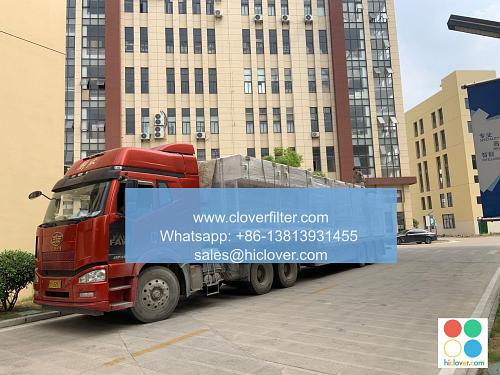Introduction to Air Filtration: A Beginner’s Guide

Air filtration is a crucial process that removes pollutants, contaminants, and particulate matter from the air, improving indoor air quality, indoor air pollution control, and promoting a healthier environment. In this article, we will delve into the world of air filtration, exploring its basics, types of air filters, and various application areas, including commercial air filtration, industrial air filtration, and residential air filtration.
What is Air Filtration?
Air filtration is a process that uses air purification systems to remove airborne pollutants, such as dust, pollen, mold, bacteria, and viruses, from the air. This is achieved through the use of air filters, which are designed to capture particles of varying sizes, depending on the specific application and filtration efficiency. Air filtration is an essential component of heating, ventilation, and air conditioning (HVAC) systems, as it helps to maintain good indoor air quality, prevent airborne disease transmission, and reduce the risk of respiratory problems.
Types of Air Filters
There are several types of air filters available, each with its own unique characteristics and filtering capabilities. Some of the most common types of air filters include:
- HEPA (High Efficiency Particulate Air) filters: These filters are designed to capture 99.97% of particles as small as 0.3 microns, making them ideal for hospital air filtration and other applications where high filtration efficiency is required.
- Activated carbon filters: These filters use activated carbon to remove gases, odors, and chemicals from the air, making them suitable for industrial air filtration and commercial air filtration applications.
- UV (Ultraviolet) filters: These filters use ultraviolet light to kill bacteria, viruses, and other microorganisms, making them effective against airborne pathogens and microbial contamination.
- Commercial air filtration: Office buildings, shopping malls, and restaurants use air filtration systems to maintain good indoor air quality and prevent airborne disease transmission.
- Industrial air filtration: Manufacturing facilities, warehouses, and other industrial settings use air filtration systems to remove hazardous particles and chemical contaminants from the air.
- Residential air filtration: Homeowners use air filtration systems to improve indoor air quality, reduce allergy symptoms, and prevent respiratory problems.
- Healthcare air filtration: Hospitals, clinics, and other healthcare facilities use air filtration systems to prevent airborne disease transmission and maintain a sterile environment.
- Improved indoor air quality: Air filtration helps to remove pollutants and contaminants from the air, improving indoor air quality and promoting a healthier environment.
- Reduced allergy symptoms: Air filtration can help to reduce allergy symptoms by removing allergens and irritants from the air.
- Prevention of airborne disease transmission: Air filtration can help to prevent the transmission of airborne diseases, such as influenza and tuberculosis.
- Increased energy efficiency: Air filtration can help to reduce energy consumption by improving the efficiency of HVAC systems and reducing the need for heating and cooling.
Application Areas of Air Filtration
Air filtration has a wide range of applications across various industries, including:
Benefits of Air Filtration
The benefits of air filtration are numerous and well-documented. Some of the most significant advantages of air filtration include:
Conclusion
In conclusion, air filtration is a critical process that plays a vital role in maintaining good indoor air quality, preventing airborne disease transmission, and promoting a healthier environment. With various types of air filters and application areas, air filtration is an essential component of commercial air filtration, industrial air filtration, and residential air filtration systems. By understanding the basics of air filtration and its benefits, individuals and organizations can make informed decisions about their air filtration needs and take steps to improve indoor air quality, reduce allergy symptoms, and prevent respiratory problems. You haven’t provided a question or topic for me to address. What would you like to talk about or ask?

